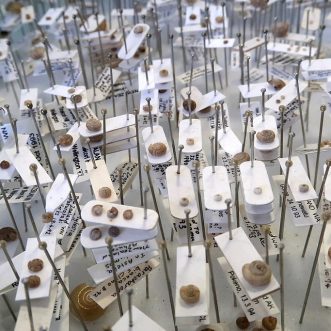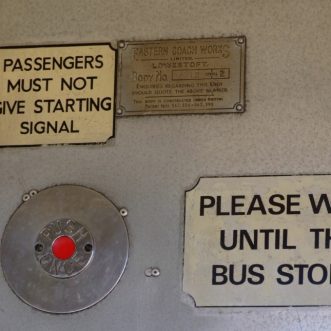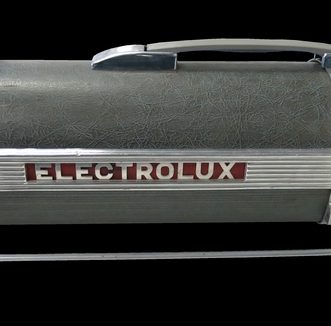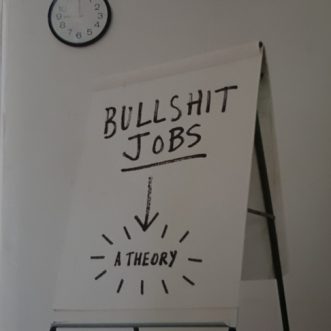January 31, 2022
In the olden days, there was only one button you could use to request the bus driver to stop, and in the outskirts of Newcastle, where I grew up, only one person could press it – the bus conductor.
No exceptions.
There were other rules too. There was a special school bus, which only allowed children on board. And where there was a school bus, children weren’t allowed on the normal (rush-hour) buses.
No exceptions.
Until my first day at primary school.
My mum wanted to take me on my first day. It was a fair way to go, so she thought we’d get the bus.
But I wasn’t allowed on the ordinary bus. She wasn’t allowed on the school bus.
No exceptions.
My mum argued:
“It’s her first day, I want to take her myself.“
No exceptions.
“It’s just for the first day”
No exceptions.
“Surely you’ve had this happen before?”
No exceptions
It wasn’t just stubbornness on her part. She realised that it wasn’t just her, it was every mum that missed out.*
She staged a 1-mum sit in until she got her way.
In theory, having separate buses during rush-hour was a great idea. But the people who designed it hadn’t thought of the human aspect – that most mums would want to accompany their child to their first day at school. If they had thought of it, it could have been easily accommodated, with an extra bus on the first day of a new school year, and exceptions allowed in between.
Instead they made the whole experience stressful for everyone.
I don’t know if my mum changed anything permanently, but at least she tried.
We were late for school, but I learned something useful that morning.
If you think something is wrong, don’t just put up with it, do something.
*I should mention that my mum had form. At her school, she’d successfully negotiated a permanent change of uniform for 16 – 18 year old girls – away from St Trinan-style gymslips to a more comfortable and becoming blouse and skirt ensemble.









